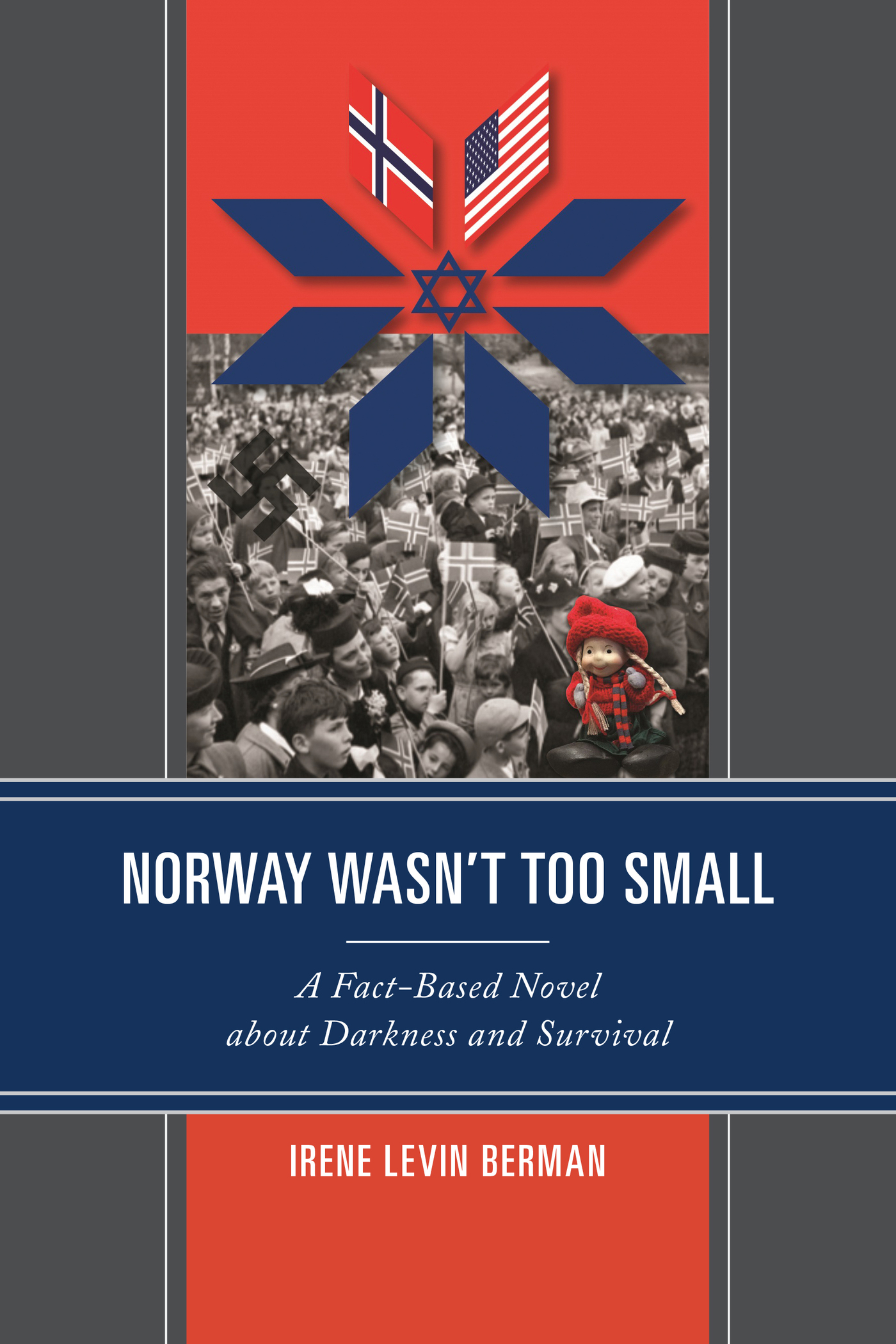Praise for Irene Bermans
We Are Going to Pick Potatoes: Norway and the Holocaust, the Untold Story
This untold story' about what happened to Norwegian Jews during the Holocaust deserves to be toldand now it is.
Elie Wiesel, Nobel Laureate
Irene [Levin] Berman tells an important and for most Americans unknown story about the destiny of the Norwegian Jews during WW II. Being herself a Holocaust survivor, her style is emotionally very strong, though factual and sober. This comprehensive, moving and heart-rending book, with a welcome underlying optimism in spite of traumatic experiences, deserves a wide circle of readers in the U.S.A, far beyond those of Norwegian descent.
Arnfinn Moland, director, Norway's Resistance Museum
The story of the effort and extent to which the Nazi war machine would reach out in order to annihilate even the most remote Jewish family. The story of indifference and courage, of despair and hope, of silence and action. A very Jewish and very human story which should be told and listened to.
Michael Melchior, Chief Rabbi of Norway, Former Cabinet Minister of Israel
Irene Levin Berman has written a powerful, deeply moving book about a people, a place, and a time unfamiliar to many Americans. It is a story that should be widely known and remembered by all.
Edward P. Gallagher, President, The American-Scandinavian Foundation
Unexpectedly precious.
Benjamin Ivry; Foreword Reviews, June 2010
It wasn't until 2005 that Irene Levin Berman forced herself to examine what it meant to her to be a Holocaust survivor. Even after so many years, she strongly identified as a Jew and a Norwegian, as well as a United States citizen, but not having been in a ghetto or camp, she didn't feel 'worthy' of the label 'survivor.' In 'We Are Going To Pick Potatoes': Norway and The Holocaust, The Untold Story, she describes what happened to the Jews of Norway during the Holocaust, focusing mainly on her particular family; this is as much an autobiography as an account of flight and resettlement in hospitable Sweden. A child of four when she was told 'We are going to pick potatoes,' she and her family embarked on a dangerous journey through the woods in Norway to neutral Sweden, just missing the Gestapo roundup of November 26th for the purpose of mass arrests. It was 1942, and the Norwegian Jews who remained in Norway did not realize the danger they were in....Although this is primarily an account of the fate of the author's extended family during the Holocaust, it is nevertheless an important addition to the library of survivor testimony since not much is known about Norwegian Jews during this period.
Jewish Book World
Norway Wasnt Too Small
A Fact-Based Novel
about Darkness and Survival
Irene Levin Berman
Hamilton Books
An Imprint of
Rowman & Littlefield
Lanham Boulder New York Toronto Plymouth, UK
Copyright 2016 by Hamilton Books
4501 Forbes Boulevard, Suite 200, Lanham, Maryland 20706
Hamilton Books Acquisitions Department (301) 459-3366
Unit A, Whitacre Mews, 26-34 Stannary Street,
London SE11 4AB, United Kingdom
All rights reserved
Printed in the United States of America
British Library Cataloguing in Publication Information Available
Library of Congress Control Number: 2016935450
ISBN: 978-0-7618-6771-5 (pbk : alk. paper)ISBN: 978-0-7618-6772-2 (electronic)
 TM The paper used in this publication meets the minimum requirements of American National Standard for Information Sciences Permanence of Paper for Printed Library Materials, ANSI/NISO Z39.48-1992.
TM The paper used in this publication meets the minimum requirements of American National Standard for Information Sciences Permanence of Paper for Printed Library Materials, ANSI/NISO Z39.48-1992.
This book is dedicated in memory of my friend, Ingunn Hekneby Bassock, whose sentiments and tolerance
always touched me with positive thoughts.
Preface
An introduction is normally the first thing to present when writing a book, and in this case it is even more vital to explain the significance of the title as it contains an important message.
Seven years ago, I was contacted by a local professor inviting me to participate in an anthology of independent stories. Each contributor was to be a Holocaust survivor, presently living in the United States. The professor expressed excitement at connecting with a Norwegian Jew in view of the limited number of people with the experience and willingness to tell this story.
I was born in Norway just before the war and escaped with my parents and brother to Sweden in 1942. Despite my young age at the time, I had retained some significant memories and recalled a number of astonishing stories from when I was older, told by friends and relatives through the years portraying the destiny of the 2000 Norwegian Jews. I was flattered to be asked to participate and readily accepted the request.
A couple of weeks later I submitted a detailed description about my immediate family, starting with the German invasion in 1940 and moving on to 1942. At that time, the Gestapos intense and ghastly quest had peaked in Norway. It became obvious to most of the Jews that the specific plan was to separate the Jews from the regular Norwegians. After the war had come to an end it became evident that 787 persons, approximately 38% of the congregation, had been deported and annihilated. Some were killed instantly upon their arrival and others after being forced to exhaust their physical strength and health in the camps, rendering them ready for the gas chambers. When the liberation finally came in 1945, only 28 men prisoners and no women survived.
Shortly after the invitation to tell my story, a woman called and introduced herself as the publishers representative. Her overture consisted of describing the extraordinary response and large number of submissions they had collected. Many survivors had expressed their willingness to reveal their personal stories, making it necessary to limit what chapters were to be included and which werent. Most of the participants came from large cities in middle Europe.
With a rapid voice and explanation, she justified her opinion of why my story would not be included. As I listened carefully, I realized her reasoning about not publishing my story was based on a logic, which differed 180 degrees from mine. The initial interest as expressed by the professor had been focused on the uniqueness of Norway and the Holocaust, an unknown extensive country tragedy. However, this storys importance seemed to melt away as quickly as she could speak. Then came her main reason. She had learned from my chapter that Norway only had 2000 Jews at the time of the mass arrest and deportation. She continued explaining that such a small number was minimal and therefore she didnt see the necessity of including that particular country in the book.
I made a last desperate attempt to reiterate the high ratio of Norwegian Jews that were annihilated, equal only to Holland at 38%, constituting the highest percentage in Europe. Wasnt that vital proof that Hitler planned to exterminate every single Jew in Europe, regardless of the size of the congregation? She ignored me and hung up.
It took me the rest of the evening and the following night to accept her decision. By the next morning, I had become an activist. It was up to me now to relate the story of the Holocaust in my country of birth to anyone who wanted to listen!
I made good on that promise and my memoir was first published in Norwegian and subsequently translated into English,

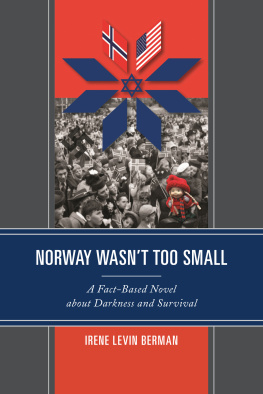

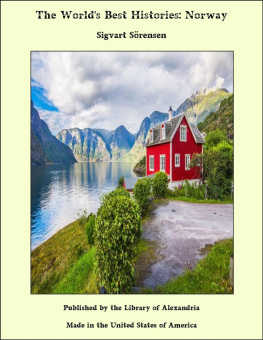
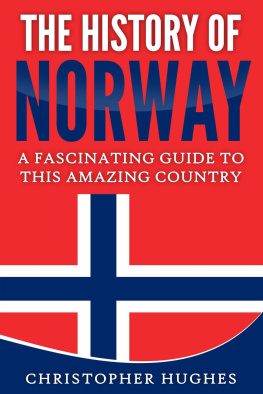
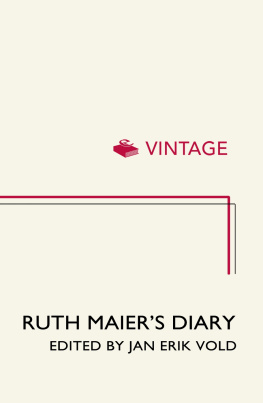
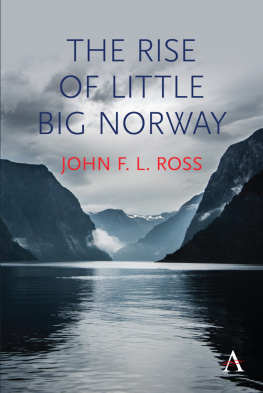

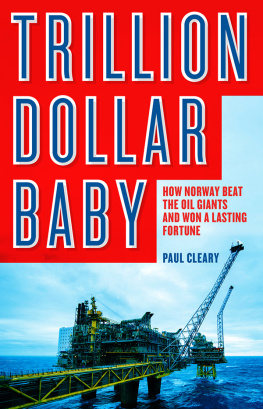




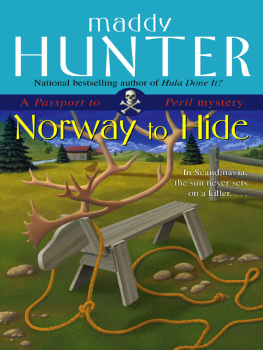
 TM The paper used in this publication meets the minimum requirements of American National Standard for Information Sciences Permanence of Paper for Printed Library Materials, ANSI/NISO Z39.48-1992.
TM The paper used in this publication meets the minimum requirements of American National Standard for Information Sciences Permanence of Paper for Printed Library Materials, ANSI/NISO Z39.48-1992.